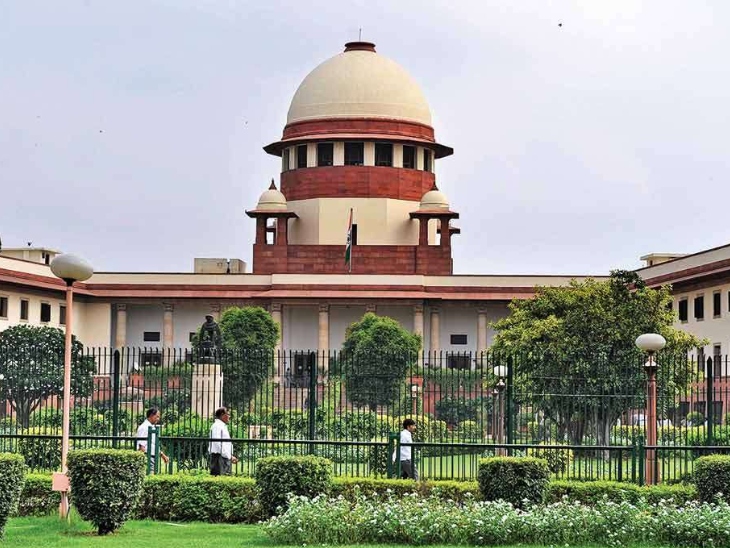In a groundbreaking decision, the Supreme Court of India has reaffirmed the nation’s commitment to environmental preservation and climate justice by declaring a new Fundamental Right against climate change. This landmark verdict, stemming from the case of M K Ranjitsinh & Ors v. Union of India & Ors, marks a pivotal moment in India’s legal landscape, emphasizing the urgent need to address the challenges posed by climate change.
At the heart of this judgment lies the protection of two highly endangered bird species, the Great Indian Bustard (GIB) and the lesser florican. These species, scheduled under Part III of Schedule I of the Wild Life (Protection) Act, 1972, face critical status on the IUCN Red List, necessitating immediate conservation measures. The Supreme Court’s decision not only highlights the importance of biodiversity conservation but also underscores the interconnection between environmental protection and human rights.
The verdict builds upon previous rulings, such as the restriction on overhead transmission lines to safeguard wildlife, demonstrating a consistent judicial commitment to environmental stewardship. By mandating the installation of underground power lines and bird diverters in GIB habitats, the Court addresses the adverse impact of infrastructure development on vulnerable species, setting a precedent for responsible and sustainable development practices.
Central to the recent judgment is the establishment of an expert committee tasked with balancing GIB conservation and India’s sustainable development goals. Comprising independent experts, government representatives, and environmental stakeholders, this committee reflects a collaborative approach to addressing complex environmental challenges. The committee’s forthcoming recommendations, expected by July 31, are poised to shape future policies and initiatives aimed at safeguarding biodiversity and mitigating climate change.
Moreover, the Supreme Court’s ruling expands constitutional rights by extending Article 14 and Article 21 to include the right to a clean environment. This proactive approach to environmental and climate justice aligns with global commitments and underscores India’s role as a responsible member of the international community.
In the context of climate change and human rights in India, the judgment reaffirms the right to health enshrined in Articles 21 and 14, emphasizing the integral connection between environmental protection and public well-being. It also underscores the constitutional duties of both the State and citizens to conserve natural resources and mitigate climate impacts.
To protect human rights against climate change, India has implemented various measures at the national and international levels. These include initiatives such as the National Action Plan on Climate Change (NAPCC), promoting renewable energy, sustainable agriculture practices, afforestation, and reforestation programs. Additionally, India actively participates in international climate finance frameworks and capacity-building initiatives to empower vulnerable communities.
Internationally, India has played a proactive role in advocating for climate justice, contributing to resolutions recognizing access to a clean environment as a universal human right and supporting climate-resilient infrastructure development.
In conclusion, the Supreme Court’s verdict on climate change as a Fundamental Right reaffirms India’s commitment to environmental justice and human rights. By prioritizing biodiversity conservation, sustainable development, and climate action, India sets a precedent for other nations to follow in the global fight against climate change. This landmark decision underscores the importance of collective action and collaboration in safeguarding our planet for future generations.
